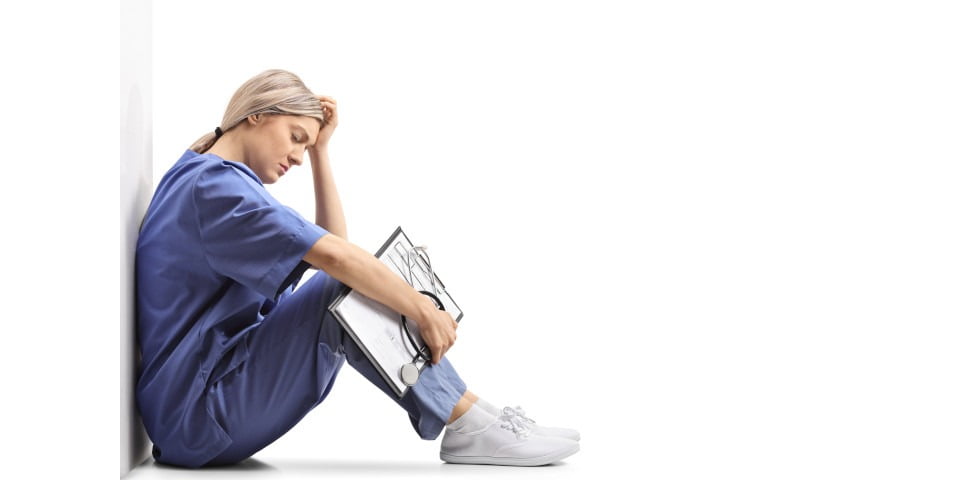Health professionals can face significant challenges relating to their own mental health, according to two perspectives published in The Medical Journal of Australia.
Staff specialist in endocrinology at St Vincent’s Hospital Sydney, Dr Anne McCormack, is advocating a system-wide change, involving individuals, medical schools and colleges required to tackle the problem of suicide in the health workforce, following the suicides of three doctors in her circle.
“Such stories are not unusual in our profession” she said.
Dr McCormack quoted statistics showing female doctors commit suicide at 2.27 times the rate of the general population, with male doctors at 1.41 times the general population.
“What seems clear to me is that inherent traits in the individuals who choose a career in medicine, and often create excellent doctors, also set them up for high rates of distress,” she said.
“Perfectionism is rife among doctors. However, the very character trait that can contribute to success can also be a downfall in others. Maladaptive perfectionism refers to individuals experiencing distress over perceived personal or family failings (often unrealistic), and is associated with anxiety, depression, perceived burdensomeness and suicidal behaviour.”
Dr McCormack suggests changes that could help reduce the incidence of suicide, including:
- Invest in activities that will support physical and mental health, and model such behaviour to junior colleagues.
- Needing to learn how to be kinder to themselves and extend compassion towards the struggles of both junior and senior colleagues.
- Medical students should be selected not just on academic performance, but increasingly sophisticated aptitude testing should also be used.
The 2016 survey of the Victorian Public Sector Commission found that 25 per cent of staff in health agencies experienced bullying, and in a 2014 survey of the Australian Nursing and Midwifery Federation, 40 per cent of nurses reported bullying or harassment in the previous 12 months. In 2015, the Royal Australasian College of Surgeons found that 49 per cent of respondents had been subjected to discrimination, bullying, harassment or sexual harassment.
The perspective, co-authored by Professor Johanna Westbrook and colleagues from the Australian Institute of Health Innovation at Sydney’s Macquarie University, states that “unprofessional behaviour is associated with poor staff psychological wellbeing, including stress, reduced teamwork and communication, and loss of concentration.
“Health professionals consistently recognise the link between unprofessional behaviour and threats to patient safety and wellbeing.”
The 2016 Senate inquiry into the medical complaints process in Australia recommended that governments, hospitals, specialty colleges and universities commit to eliminating bullying and harassment but, according to Westbrook and colleagues, “provided little direction as to how this should occur”.








